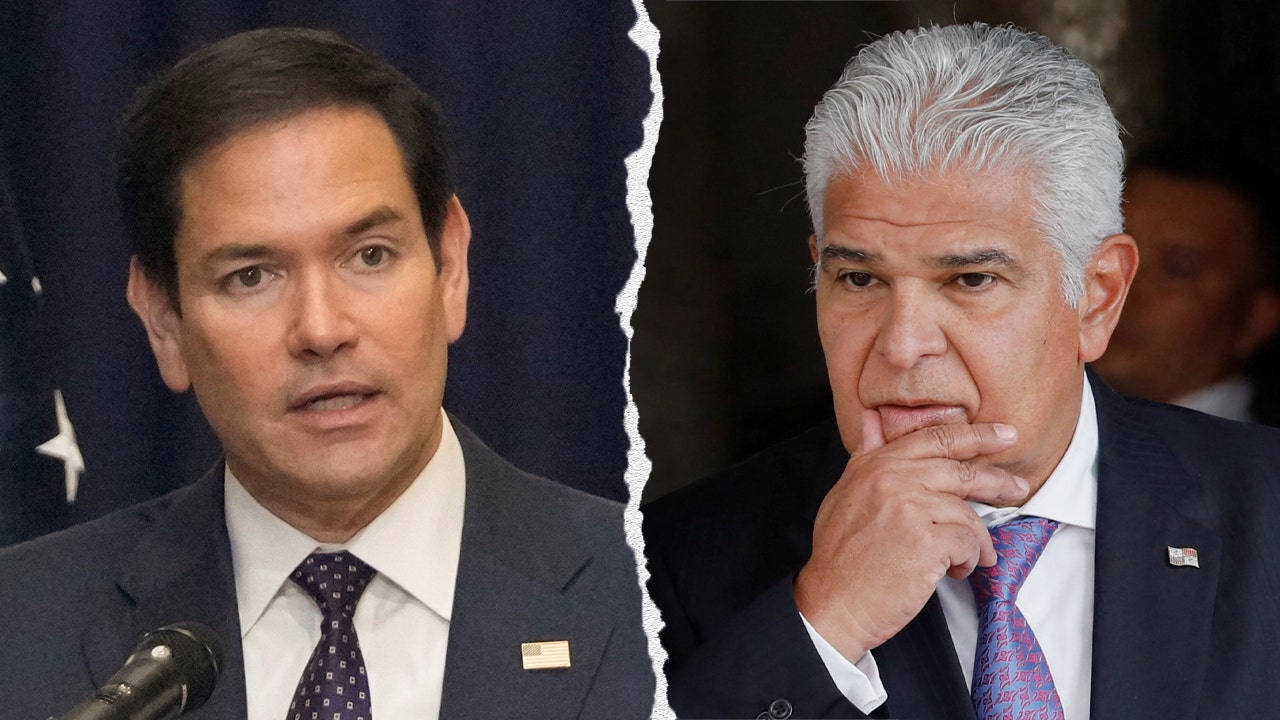Panama agrees to end canal deal with China after Rubio visit

Panama’s President Pledges to End Development Deal with China
Panama’s President, José Raúl Mulino, made a significant announcement on Sunday regarding the country’s future relationship with China. After meeting with Secretary of State Marco Rubio and facing criticism from President Donald Trump, Mulino declared that Panama would not renew a key development deal with China. This decision comes in the wake of concerns that China had gained too much control over Panama’s critical shipping canal, the Panama Canal.
Mulino emphasized that Panama’s sovereignty over the 51-mile waterway, which connects the Pacific Ocean and the Caribbean Sea, would remain intact. However, he stated that Panama would not extend a 2017 memorandum of understanding to participate in China’s Belt and Road global development initiative. Instead, Panama intends to strengthen its ties with the United States.
During his meeting with Rubio, Mulino expressed his desire to build new relations with the U.S. and increase American investments in Panama. Rubio, a former senator from Florida, assured Mulino that the U.S. is prepared to advance its agenda in the region.
President Trump has been vocal about his concerns regarding China’s influence over the Panama Canal. He has accused China of charging exorbitant fees to U.S. ships using the canal and has called for the U.S. to regain ownership of this critical waterway. In response to Trump’s concerns, House Republicans introduced a bill known as the Panama Canal Repurchase Act, which would give the president the authority to negotiate with Panama to reacquire the canal.
The U.S. Department of State estimates that a significant portion of vessels passing through the Panama Canal are either coming from or heading to a U.S. port. The canal serves as a vital transit point for U.S. Coast Guard and Department of Defense vessels. Without access to the canal, ships would have to navigate an additional 8,000 miles around South America, impacting trade and national security interests.
In addition to discussions about the Panama Canal, Rubio and Mulino also addressed other issues such as ending mass migration in the region and promoting fair competition for U.S. companies. The United States remains committed to safeguarding its interests in the Western Hemisphere.
As Panama reassesses its relationship with China, it is evident that the geopolitical dynamics in the region are evolving. The decision to end the development deal with China signifies a shift towards closer cooperation with the United States. The Panama Canal, a crucial artery for global trade, remains at the center of this strategic realignment.




